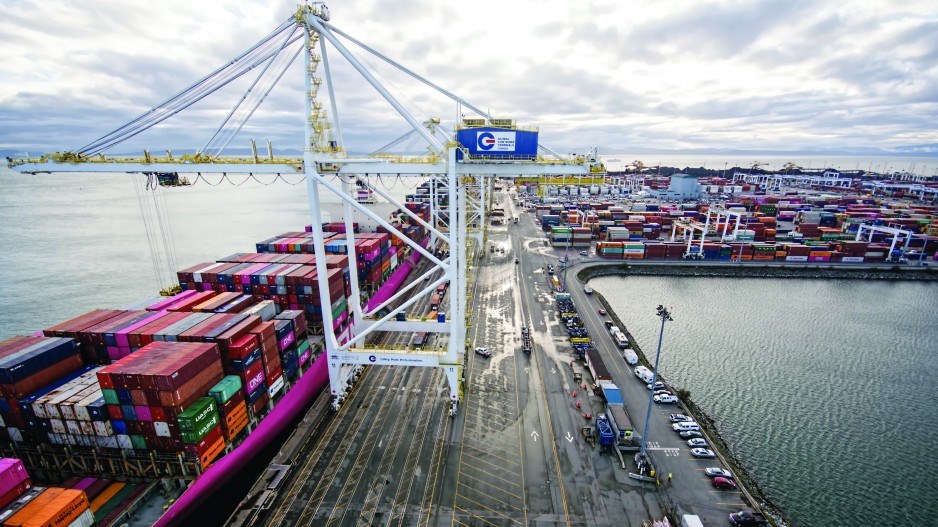Canada’s Vancouver-based Chamber of Shipping is echoing international industry calls to G20 leaders and the United Nations to maintain global shipping chains open.
“It’s working incredibly well considering the demands the situation has put on us,” chamber president Robert-Lewis Manning said, noting the vast amounts of information and challenges the sector has had to absorb and work with in a short period.
And, he stressed, “We have to protect our workforce. It’s often the frontlines where workers understand the challenges. That is the key to all of this.”
The International Chamber of Shipping (ICS) and the International Association of Ports and Harbours today called on G20 leaders to act quickly to protect global supply chains from the impact of COVID-19.
“In this time of global crisis, it is more important than ever to keep supply chains open and maritime trade and transport moving, an open letter to leaders said.
It called for a coordinated approach by governments, working in conjunction with the UN International Maritime Organization, the World Health Organization and other relevant agencies.
The letter said commercial shipping moves 90% of global trade. That includes food, energy and raw materials, as well as manufactured goods and components – including vital medical supplies and many products sold in supermarkets, “items that are necessary . . . for the preservation of many jobs in manufacturing without which modern society simply cannot function.”
The joint letter has been sent to G20 government leaders and UN bodies ahead of their June 24 summit.
“Shipping is the lifeblood of the world,” ICS secretary general Guy Platten wrote. “We need nations, led by the G20, to work together to provide coordinated rather than kneejerk restrictions to protect us all from COVID-19.”
Platten called for “pragmatic, science-based and harmonised guidance for the global maritime sector that ensures the safe delivery of the goods that we are all going to rely upon in the coming months.”
International Association of Ports and Harbors managing director Patrick Verhoeven wrote that, while protection of public health should not be jeopardized, ports must remain fully operational, guaranteeing complete supply chain functionality.
“Governments should support shipping, ports and transport operators in doing everything possible to allow transport of goods in and out of ports so that food, medicine and other vital supplies will continue to reach people worldwide,” Verhoeven said.
The G20 letter followed a March 19 letter to UN and WHO officials.
Platten, with International Transport Workers’ Federation Secretary General Stephen Cotton, called on those officials to exempt professional merchant seafarers from any national travel restrictions, when joining or leaving their ships, in order to keep maritime supply chains functioning.
“We suggest that professional seafarers, regardless of nationality, should be treated as any other international ‘key workers’, such as airline crew and medical personnel,” Platten and Cotton wrote. “As such, they should be afforded special consideration and, notwithstanding the need to comply with emergency health protocols, treated with pragmatism and understanding when seeking to travel to and from their ships.”
Manning said what is done now will impact supply chain recovery down the road.
@jhainswo




